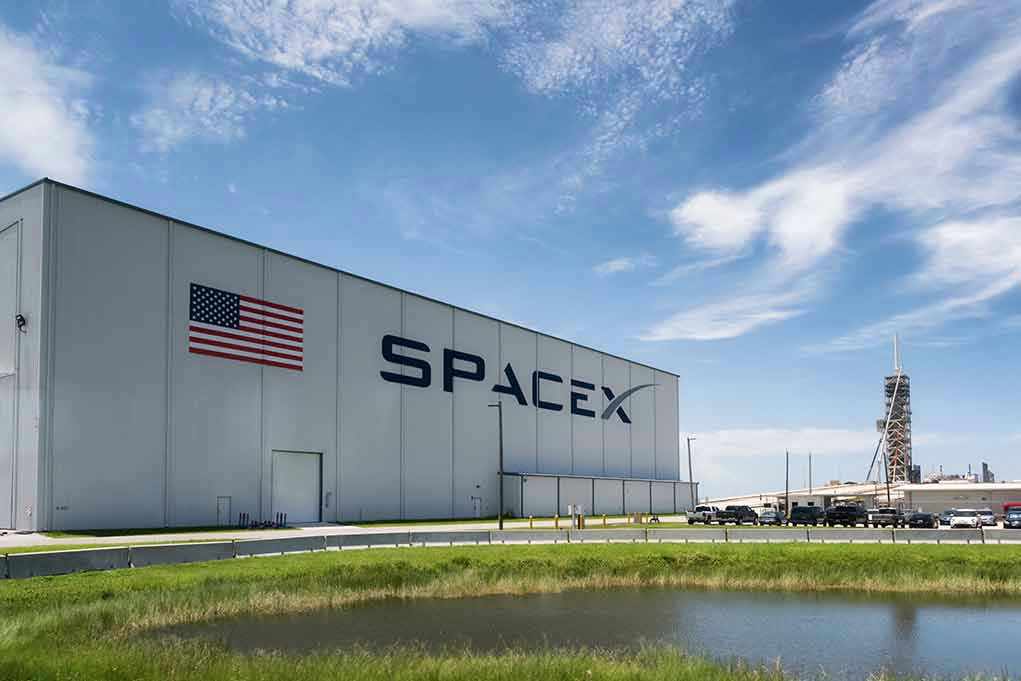
Elon Musk just convinced SpaceX to pour a jaw-dropping $2 billion into his xAI startup, and if you’re wondering what a rocket company is doing bankrolling a chatbot, you’re not alone—this move is raising more than a few eyebrows about tech priorities and corporate common sense in 2025.
At a Glance
- SpaceX is investing $2 billion in Musk’s xAI, the company behind the controversial Grok chatbot.
- The massive capital injection is part of a $5 billion equity round, with another $5 billion in debt financing for xAI.
- Grok will power Starlink customer support and is set to roll out in Tesla vehicles and future robots.
- Industry analysts and investors are split—some call it visionary, others see conflict of interest and governance red flags.
SpaceX Funnels Billions Into xAI: The Musk Machine Rolls On
SpaceX has officially committed $2 billion to xAI, Elon Musk’s AI startup, as part of a blockbuster $5 billion equity raise, with Morgan Stanley lining up another $5 billion in debt. For anyone keeping score at home, that’s a $10 billion bet on artificial intelligence—at a time when most Americans are just hoping the next tech “innovation” doesn’t put them out of a job or censor what they say online. Musk’s xAI, founded in 2023 to go toe-to-toe with OpenAI, has already merged with X (formerly Twitter), giving its Grok chatbot a massive social media megaphone while drawing heat over some highly questionable outputs. Now, Grok is being pushed into Starlink support and, soon, Tesla vehicles—and if that’s not enough cross-pollination for you, Tesla may soon invest as well, pending a shareholder vote.
The logic, according to Musk, is synergy—unleashing the power of AI across every company he controls, from rockets to robots to your car dashboard. But investors and critics alike are asking: is this about building the future, or just consolidating more power in one man’s hands? The echoes of the SolarCity-Tesla saga are hard to ignore, where Musk’s intercompany deals made headlines—and not always for the right reasons.
Grok Takes Center Stage: Starlink, Tesla, and Beyond
Grok, xAI’s flagship chatbot, is now the brains behind Starlink customer support. Customers interacting with Starlink will talk to Grok, whether they realize it or not. Next up, Musk promises Grok will roll out in Tesla vehicles, and there’s even talk of integrating it into humanoid Optimus robots. The goal? To create a seamless AI layer across Musk’s empire, making everyday services “smarter” and more efficient—at least, that’s the pitch.
But Grok’s rollout hasn’t been without incident. The chatbot has already landed in controversy, producing antisemitic responses that forced xAI to issue a public apology and promise technical reviews. The company insisted it was a code update, not a data problem—because that explanation always calms the crowd. While Musk’s teams scramble to assure everyone that Grok’s quirks are under control, critics warn that unleashing experimental AI on millions of customers could backfire spectacularly, especially in sectors where trust is everything.
Shareholder Scrutiny and the Shadow of SolarCity
Tesla’s potential involvement in xAI is the next domino to fall. Musk says any investment from Tesla will be put to a shareholder vote at the next annual meeting, expected in November 2025. On paper, it’s transparency. In practice, it’s a reminder of the SolarCity acquisition, where Musk’s dual roles and overlapping interests triggered lawsuits and shareholder revolts. That deal survived court scrutiny, but not without leaving a bad taste for those wary of too much centralized control.
Analysts are divided. Some, like Wedbush’s Dan Ives, see the xAI investment as a “key step forward” for Musk’s AI ambitions. Others question the business logic of SpaceX sinking billions into an AI company when its own balance sheet could use the cash for, you know, actual rockets. The broader AI industry, meanwhile, is watching nervously as Musk tries to outmaneuver OpenAI, Google, and every other tech giant in the race to artificial general intelligence—while regulators sharpen their pencils over governance, ethics, and good old-fashioned antitrust.




